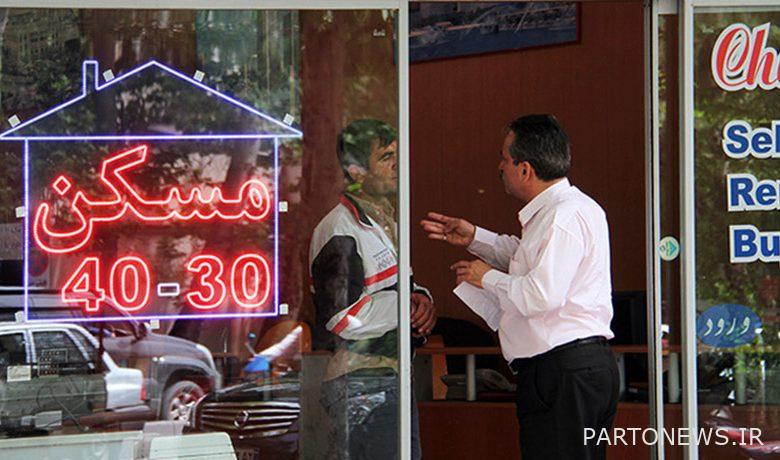Housing speculation tax or inflation tax? / The government’s double-edged sword for the real estate market

According to Tejarat News, with the decrease in the value of the national currency, especially in the second half of 1401, preserving capital in the long term has become one of the main concerns of the people, and as a result, everyone chooses one of the financial and capital markets to enter according to the capital they have.
This trend has increased the entry of brokers and traders in the housing market, the market whose main function should be to facilitate the provision of shelter for all different sections of the society has now become an arena for making profit.
Earlier, Tejarat News’ field investigations indicated that a number of real estate companies have now abandoned normal transactions and only serve investors who are only looking for short-term profits. The first time it does not reach the real consumer. You can read the details of this report in the article “The trend of price fixing in the housing market / 700 million Tomans of profit in just a few days!” Read.
The government’s solution to prevent speculation in the housing market
Based on this, in order to prevent such people from entering the housing market and reduce the capital demand in this market, the government decided a few days ago in the housing market development review meeting regarding the tax plan on frequent housing transactions.
Based on this plan, if the time interval between the transfer of ownership is less than one year, the seller pays 60% of the price difference between the time of acquisition and transfer of ownership, 40% if between one and two years, 20% between two and three years, between 10% for three to four years and 5% for four to five years as tax.
But can this plan be a salve for the chaotic situation of the housing market?
How effective is the collection of taxes from the purchase and sale of housing?
In the past few days, there have been positive and negative opinions about this bill among experts and activists of the housing market. Proponents believe that the taxation plan can be an obstacle for businessmen and traders in this field, which can ultimately prevent the increase of false prices in this field.
On the other side of the story, opponents have considered the name of inflation tax to be more suitable for this plan. They say that even though this type of taxation is common in economically advanced countries, the inflation prevailing in Iran’s housing market can put the situation in a more critical situation. This process can make controlling the inflation rate unnecessary for the government and be a factor for the government’s revenue generation.
The Central Bank of Iran has announced the inflation rate in the 12 months ending March 1401 equal to 46.5%; This is despite the fact that inflation has gone through an increasing trend in the past few years and has reduced the size of people’s tables to a great extent. Housing inflation has also experienced an unprecedented price increase due to the growth of the dollar and in the last 10 years, the price has increased by more than 1000% in Tehran metropolis.
In general, the transaction tax for the purchase and sale of housing can be considered a double-edged sword, which may, on the one hand, improve the situation of one of the crises in the housing market in the future, i.e. the entry of business and speculative demand, but in the end, due to the attractiveness of tax income, it will have negative effects for the government. A lot will follow in terms of inflation growth.
Read the latest housing news on Tejaratnews housing news page.

